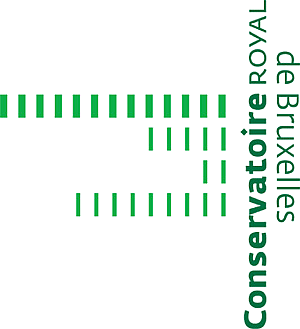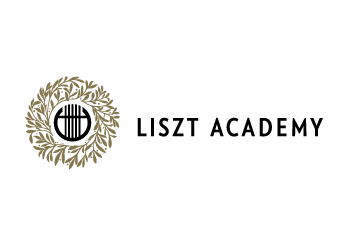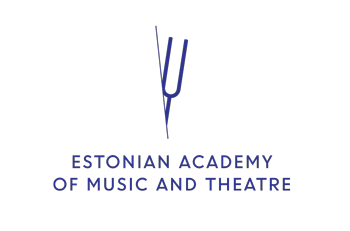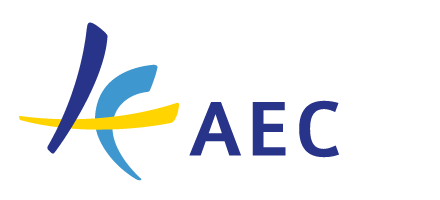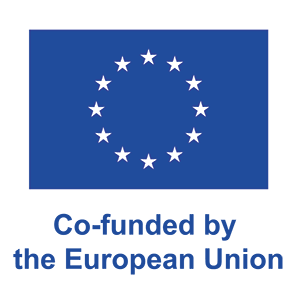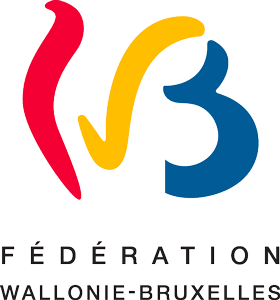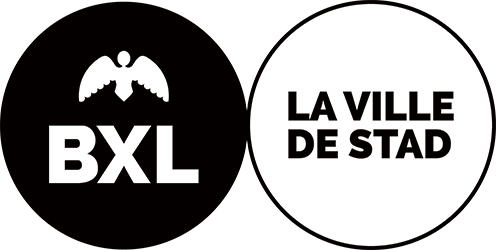Further information
-
assessment
Exam with grade E -
level
Beginner, Intermediate -
 Completed Semester1-8
Completed Semester1-8 -
How many semesters does the course last?
1 -
hours per week
2 -
 Link of the course
Link of the course -
 Target group of courseInstrumentalists, beginner
Target group of courseInstrumentalists, beginner -
 credits1.5
credits1.5 -
 Type of CourseLecture
Type of CourseLecture -
Degree Level
Bachelor -
 e-learning-elementsLearning platform "Moodle"
e-learning-elementsLearning platform "Moodle" -
Course
Mandatory -
students #
more than 25 students -
Hours per year
60 -
BIBLIOGRAPHY
Erich Valentin: Handbuch der Instrumentenkunde. Regensburg 1954. Curt Sachs: Handbuch der Musikinstrumentenkunde. Leipzig 1930. Briner: Reclams Musikinstrumentenführer. Die Instrumente und ihre Akustik. Stuttgart 1988. Ertugrul Sevsay: Handbuch der Instrumentationspraxis. Kassel 2005. etc. -
ONLINE CATALOGUE
WITH CONTENTS -
evaluation grid
-
evaluation grid
and document
Teacher(s)
Britta Giesecke von Bergh
current position
Lecturer
Institution
Hochschule für Musik und Theater "Felix Mendelssohn Bartholdy" Leipzig
Be a part of our european project !
This European project (KA 203 Strategic Partnership) created by Salvatore Gioveni promotes cross-border collaboration in the field of Music Theory through sharing knowledge and transferring pedagogical innovation. It thus responds to a lack of centralised source and framework to deepen reflection by means of cross-disciplinary study at European and international level.
There is a significant wealth of educational practices from one country to another in this sector, especially in terms of harmonic musical notation and analysis. However, HMEI's are facing the nonexistence of a European network for pedagogical staff in Music Theory so far. To improve the situation, the project will among other things develop several intellectual outputs such as Online Platform (IO 1), an EU Bibliography (IO 2), a Repository Courses (IO 3), a Multilingual Glossary (IO 4) and an Exchange Online Learning Platform.
Besides the Conservatoire royal de Bruxelles as leader and manager of the project, the following partner institutions are involved: Music Academy S. Moniuszki Gdańsk (Gdańsk, Poland), F. Liszt Academy of Music Budapest (Budapest, Hungary), Estonian Academy for Music and Theatre (Tallinn, Estonia), HfMTh "Felix Mendelssohn Bartholdy" (Leipzig, Germany).
 | 2024
| 2024
